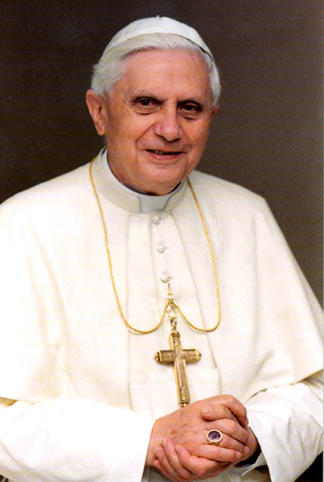A False Dichotomy: Absolutism v Relativism (Part 2)
 I had a very interesting discussion not too long ago with a good friend of mine who is an evangelical pastor. During our conversation he commented that he thought that fundamentalism in Christianity was a far greater danger than liberalism. For someone who has grown up in mostly conservative evangelical churches, my immediate reaction was, "Whatchoo talkin' bout Willis?"
I had a very interesting discussion not too long ago with a good friend of mine who is an evangelical pastor. During our conversation he commented that he thought that fundamentalism in Christianity was a far greater danger than liberalism. For someone who has grown up in mostly conservative evangelical churches, my immediate reaction was, "Whatchoo talkin' bout Willis?"I had been taught that among the greatest evils and challenges to Christianity was liberalism. And one of the chief characteristics of liberalism was a belief in relativism, particularly moral relativism.
A fairly good definition would be:
"moral relativism is the position that moral or ethical propositions do not reflect absolute or universal truths but instead are relative to social, cultural, historical or personal references, and that there is no single standard by which to assess an ethical proposition's truth."It isn't hard to see how moral relativism could be seen as a threat to a religion that asserts that Jesus is the only way to God exclusive of all other beliefs or religions.
Many evangelicals have spoken out about the dangers of relativism.
 Pope Benedict XVI declared in a public Mass that a "dictatorship of relativism" threatens the absolute truth claims of the church.
Pope Benedict XVI declared in a public Mass that a "dictatorship of relativism" threatens the absolute truth claims of the church."Relativism, pluralism and naturalism are the three main foes of evangelicalism today and they're the main foes of conservative Roman Catholics," said Norman Geisler, president of Southern Evangelical Seminary in Charlotte, N.C.
Noted evangelical blogger, Tim Challies, has this to say about relativism:
"Relativism is a challenge every Christian must face, for it forms the very foundation for the morality (or lack thereof) of our culture. We live in a pluralist society in which many religions and worldviews co-exist. Society dictates that the way for these divergent views to happily co-exist is to encourage tolerance and relativism, where we do not seek after the blacks and whites or wrongs and rights, but instead allow truth to be whatever the individual chooses for it to be. As people of the Book, we are beholden to a system of absolutes; a system of objective, God-given truth. This truth underlies everything we believe in. Thus we must stand strong against the relativism that is in our schools, our worldplaces and perhaps even our churches."I don't really disagree with any of these statements, yet...
 When I read this article by Frank Schaeffer, son of well-known theologian Francis Schaeffer, I can't help but agree with his statement:
When I read this article by Frank Schaeffer, son of well-known theologian Francis Schaeffer, I can't help but agree with his statement:"The final irony of fundamentalism, and the scholastic Catholicism represented by the new pope, is that fundamentalists turn out to be rationalists unwilling to abandon any part of their intellectual systems to embrace the mystery of spirituality."
One of the most common Bible verses that is referenced when discussion issues of truth is Ephesians 4:15.
"Instead, speaking the truth in love, we will in all things grow up into him who is the Head, that is, Christ."Tomorrow I will discuss further this verse and how it relates to my pastor friend who claimed that fundamentalism is what we need to guard against most.
Back to Part 1










<< Back to Dignan's 75 Year Plan